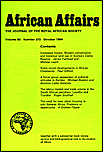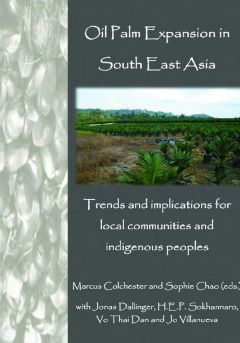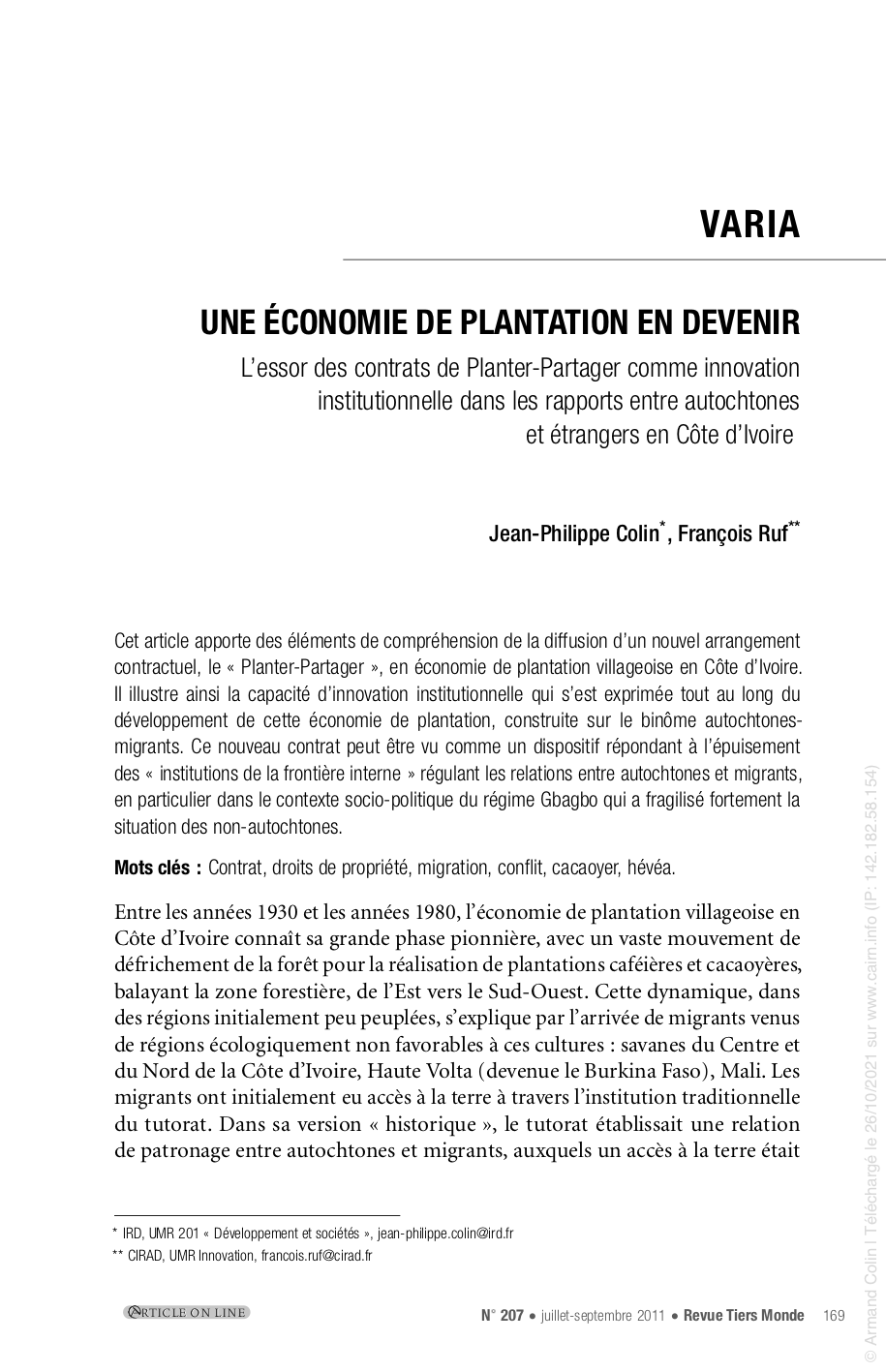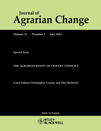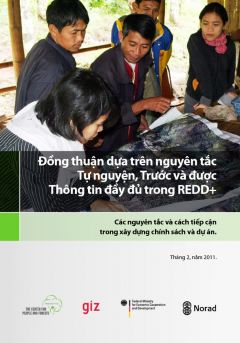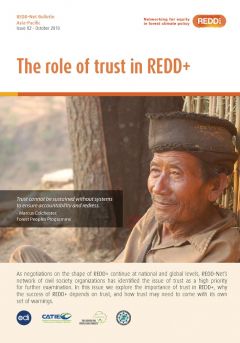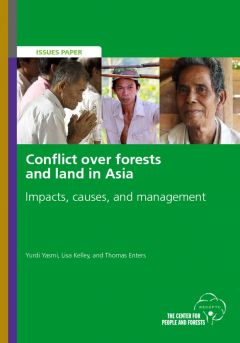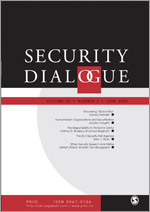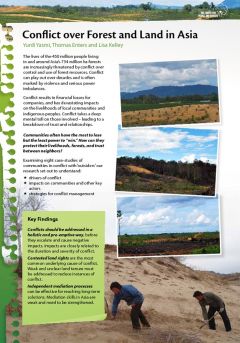PEASANT GRIEVANCE AND INSURGENCY IN SIERRA LEONE: JUDICIAL SERFDOM AS A DRIVER OF CONFLICT
Was the civil war in Sierra Leone (1991-2002) fought for diamonds, or was it a peasant insurgency motivated by agrarian grievances? The evidence on both sides is less than conclusive. Ibis article scrutinizes the peasant insurgency argument via a more rigorous methodology. Hypotheses concerning intra-peasant tensions over marriage and farm labour are derived from an examination of the anthropological literature.

